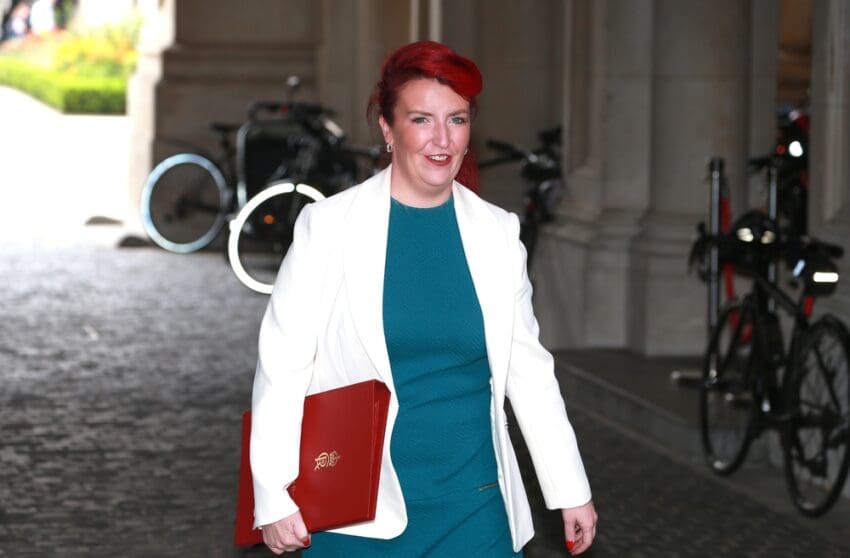Government ‘wants to make EVs as affordable as possible’, says Transport Secretary
The UK’s Transport Secretary has said the Government is aware of the challenges facing the electric car market and wants to make EV ownership more accessible.
Louise Haigh said that the Government intended to give clarity on the 2030 combustion engine ban and to launch a consultation on bringing down costs for motorists.
She also acknowledged that concerns around charging and infrastructure remain a barrier to some drivers making the switch.
Speaking to the PA news agency, she said that the previous Government’s decision to push the ban on new petrol and diesel vehicles back to 2035 had not helped the transition and Labour was committed to addressing that.
She said “I think there are challenges with the EV transition – we’re very aware of that, including the lack of certainty that the previous government introduced by moving back the deadline for transition.
“We’re clear. We’re bringing that forward to 2030 in order to give that clarity to manufacturers, and that should bring down costs for consumers as well.
“So we’ll be making an announcement about consultation on that soon.”
She also acknowledged that making EVs more affordable would help accelerate the transition but stopped short of suggesting any financial incentives from the government. A group of major car makers recently wrote to the Chancellor asking for help to stimulate the private market, including a 50% VAT cut on new EVs, but Ms Haigh gave no indication that the government was considering this. Instead, she focused on consumer concerns around charging.
Responding to recent comments from Uber chief executive Dara Khosrowshahi, who called on world governments to do more to help the EV transition, she said: “Clearly, encouraging companies like Uber to transition their fleet is one of the quickest ways to get cheaper EVs onto the second-hand market and really bring down prices for consumers.
“We want to make EVs as affordable as possible, but one of the biggest barriers is people’s perception around charging and charging infrastructure.
“And there is too big an inequity across the country about where those public charging points are, and we’ll be looking to address that in future spending rounds as well.”
The Government currently offers funding for councils in England to install EV charging in their areas but research earlier this year revealed stark differences in uptake. Many local authorities had no or limited plans for infrastructure roll-out, while others raised concerns about the time it takes to receive funding.
On top of charger availability, cost remains a concern for many drivers, with the UK among the most expensive countries in Europe for public charging.
